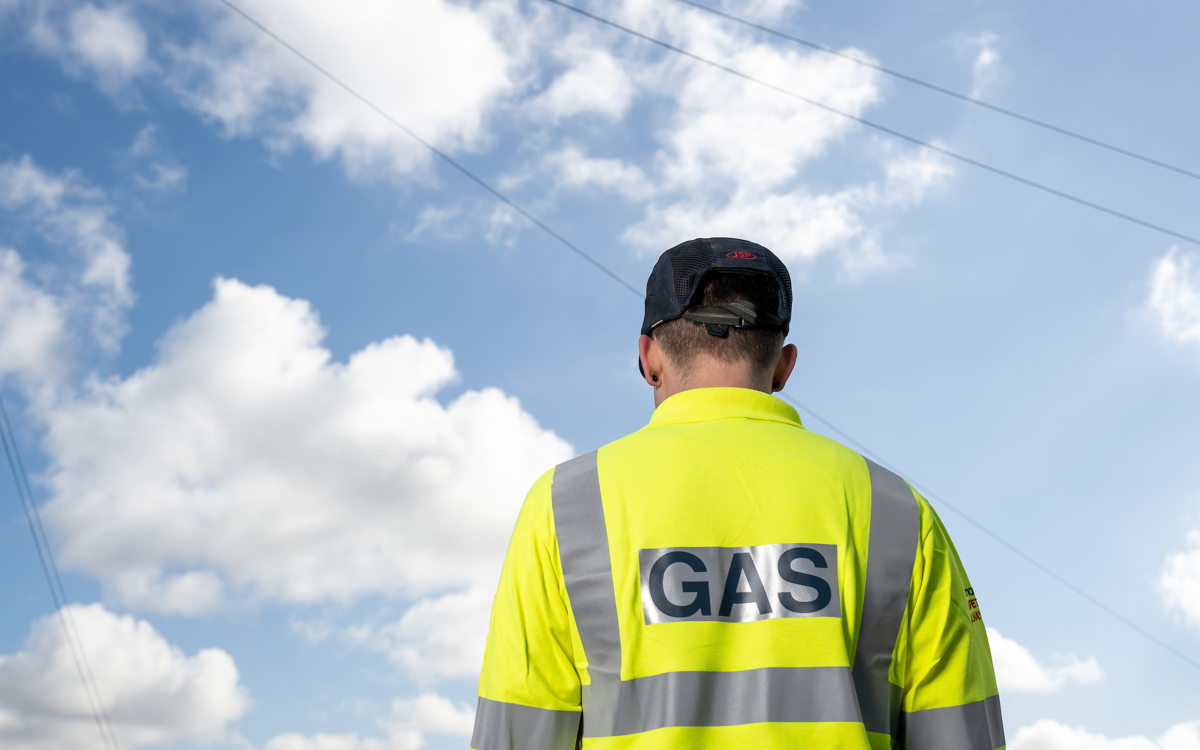Arup and Wales & West Utilities release new report - ‘Hydrogen in Aviation’

New fuels and technologies will account for between one half and three-quarters of the reduction of carbon emissions in aviation by 2050.
Global sustainable development consultancy Arup and gas distribution network Wales & West Utilities (WWU) have today launched a new report assessing demand for hydrogen across the aviation supply chain.
‘Hydrogen in Aviation’ takes a closer look at the future demand for hydrogen across South Wales and South West England across four key airports in the region - Bristol Airport, Cardiff Airport, Exeter Airport and Cornwall Airport Newquay. The report analyses potential use of hydrogen for future flight, its use at airports, and its role in Sustainable Aviation Fuels (SAF) from 2023 to 2050. Demand assessment is vital in aligning the hydrogen supply chain for the region, helping potential suppliers inform business plans and collaboration decisions, as well as to understand where and when pipelines may be required in the future.
Sarah Williams, Director of Regulation, Asset Strategy and HS&E, at Wales & West Utilities said:
By 2050, we will no longer be able to rely on fossil fuels for heating, industry and transport. It is likely that hydrogen will play a key role in decarbonising aviation, providing a greener fuel source.
We’re proud to be working alongside Arup to explore the exciting role that hydrogen will play in the future of transport across South Wales and South West England. Projects like these place us at the forefront of innovation, helping solve some of the biggest global challenges. At WWU, our vision is an energy system that is fully sustainable. We need to be innovative in how we produce, store and transport energy so that we can continue to deliver a high-quality and reliable service to the communities we serve.
The report offers insight into hydrogen’s role in decarbonising aviation, whether that is as a feedstock for SAF, powering ground support equipment at airports, fuelling aircraft and more. It also covers expected barriers for implementation, gas transportation methods, policy, and contributing projects in the region.
The UK government is set to make strategic decisions for hydrogen heating in 2026, this is key for gas distribution networks (GDNs) as it impacts pipeline requirements for the most significant hydrogen users - of which airports are one example.
Following the ambitious targets set as part of Jet Zero Strategy launch in 2022, the report identifies and explores the role of hydrogen as the industry prepares to deliver a 10% SAF mix by 2030 followed by net zero flight by 2050. Hydrogen-powered flight and hydrogen’s role in SAF will be key to achieving this.
Emily Wiltshire, Senior Consultant, at Arup commented:
With aviation requiring some of the largest quantities of hydrogen to decarbonise across the transportation industry, Arup and WWU’s ‘Hydrogen in Aviation’ report will serve as a helpful knowledgebase to drive the hydrogen ecosystem for the South West and South Wales. More broadly, it will provide insights and a repeatable methodology for other GDNs to follow. We have enjoyed supporting WWU in understanding their key role in facilitating the sector’s decarbonisation. By thinking ahead like WWU, other GDNs can ensure they do not become a pinch point in aviation’s transition to hydrogen and help achieve the UK’s ambition of net zero aviation by 2050.
Using South Wales and South West England as a testbed to enable national progress, the report navigates the requirements for hydrogen to be integrated across the aviation ecosystem, in particularly for infrastructure.
Collaboration has become increasingly paramount to solving the climate crisis and aviation is no different, with multiple and interconnecting solutions requiring alignment, trust and team work to deliver. Arup also announces today that it has joined Hydrogen South West - an organisation which enables cross-sectoral partnerships that drive the development of hydrogen infrastructure and technology.



